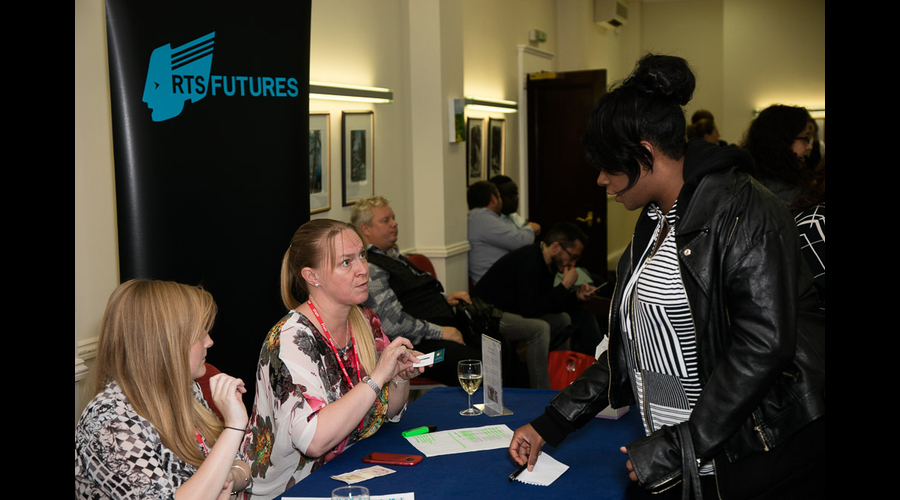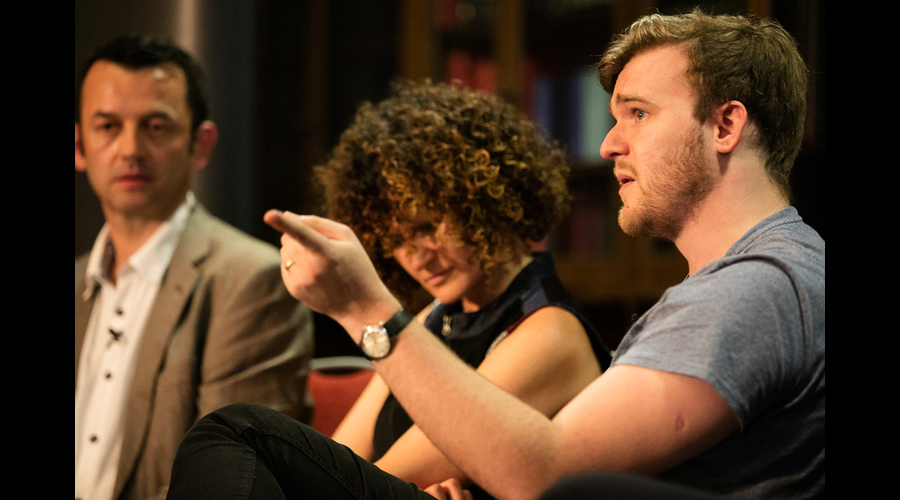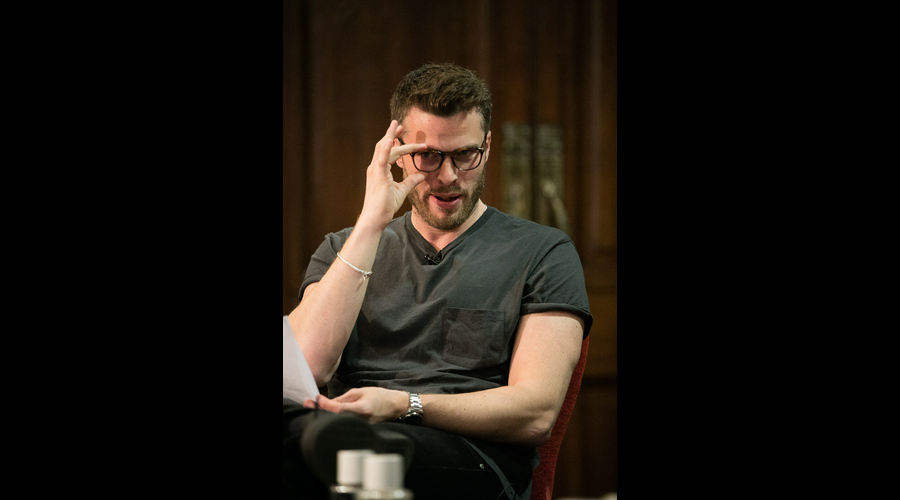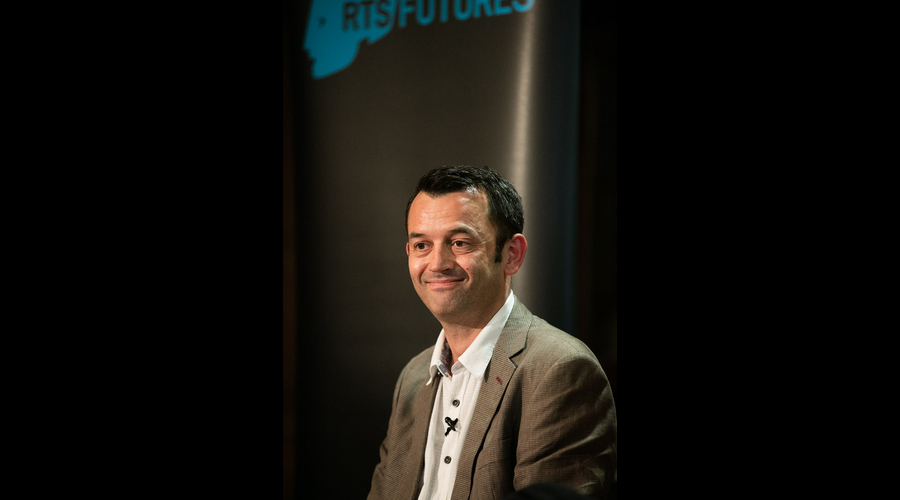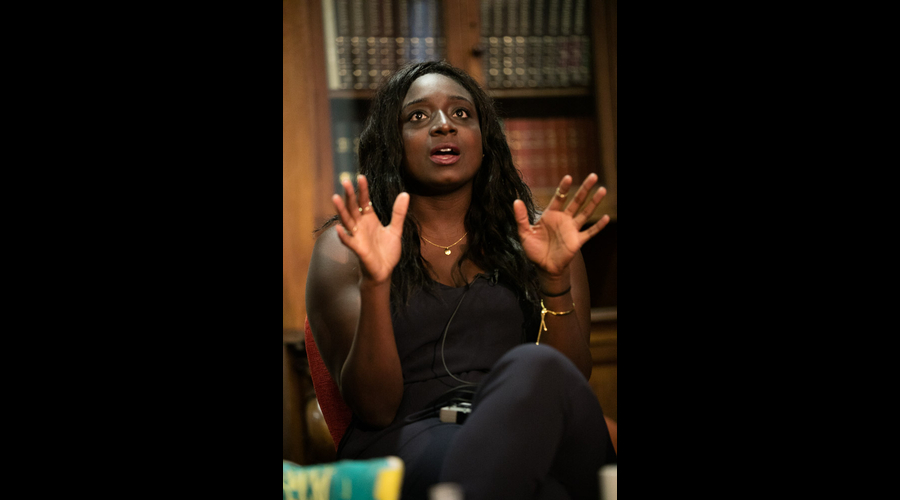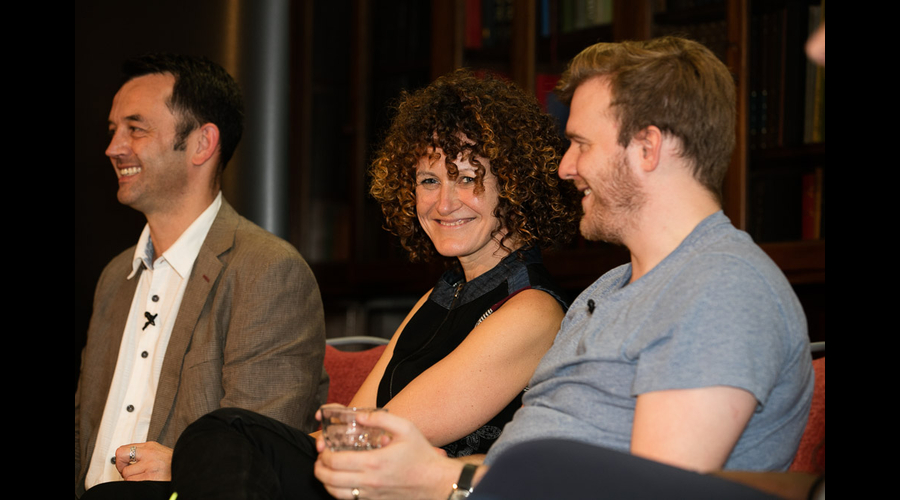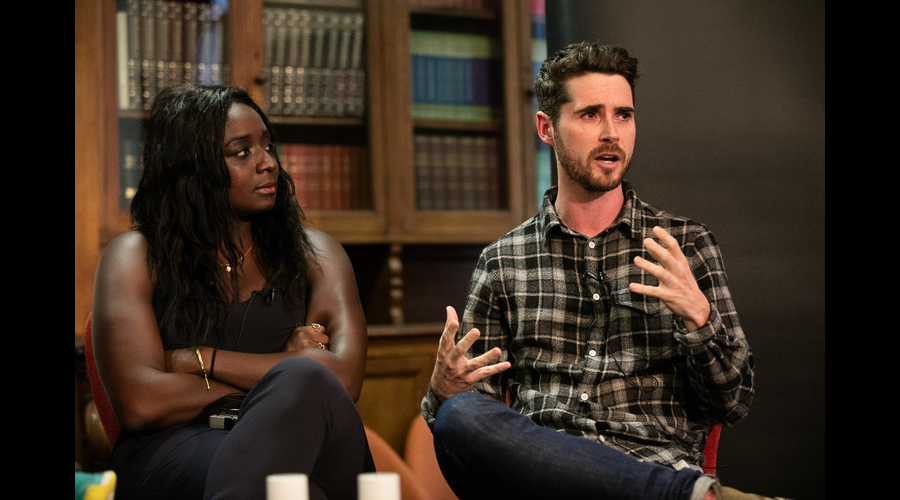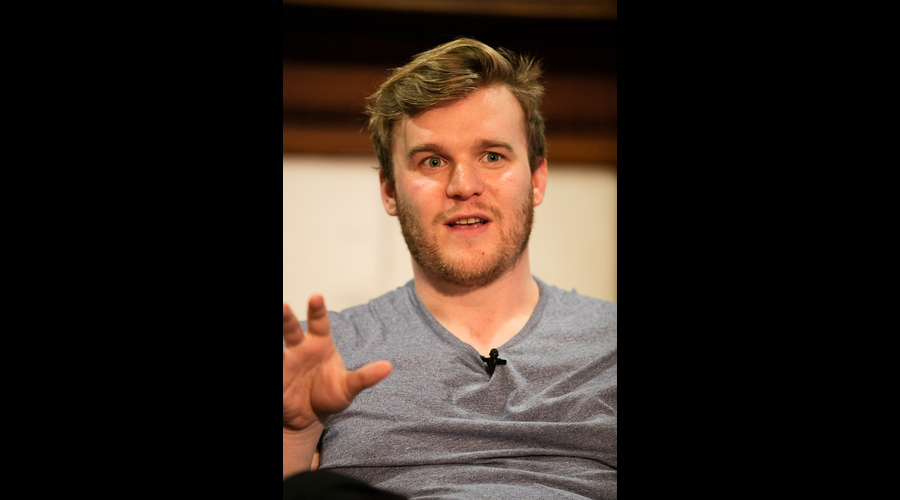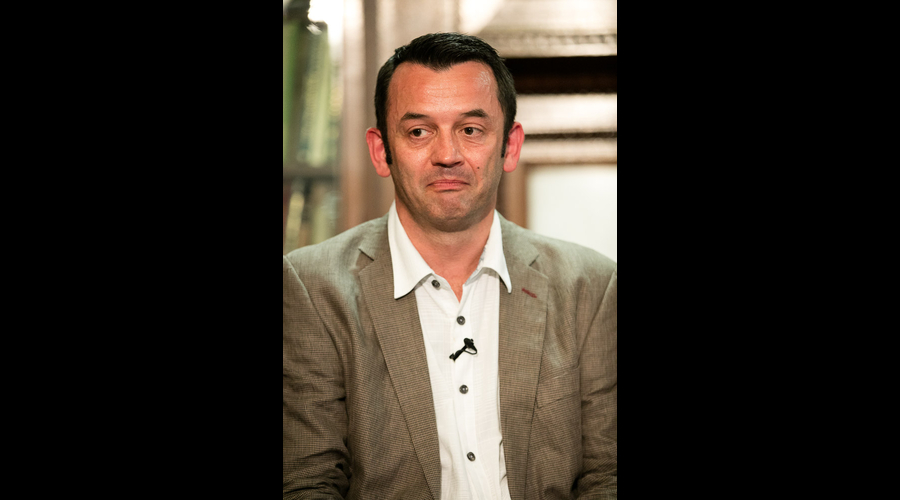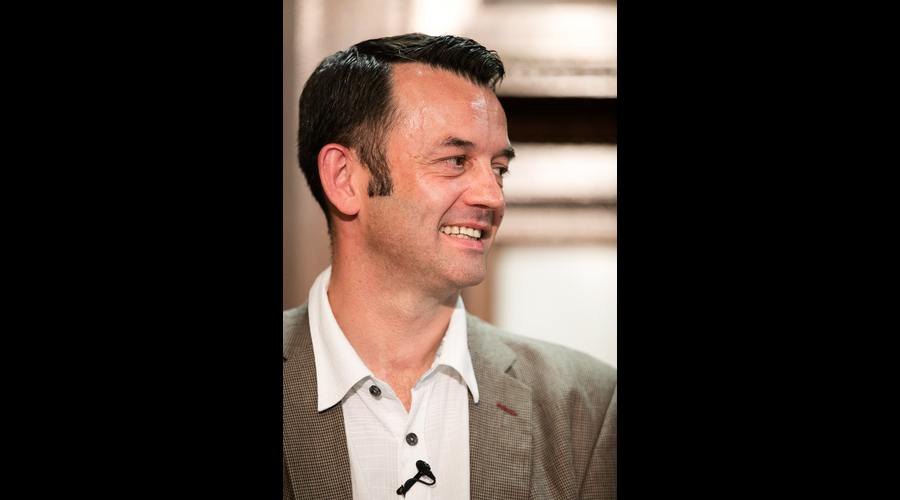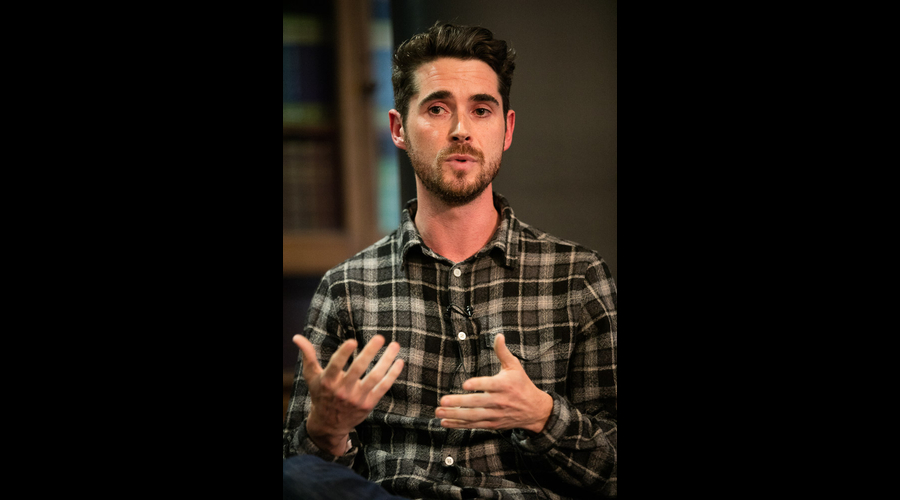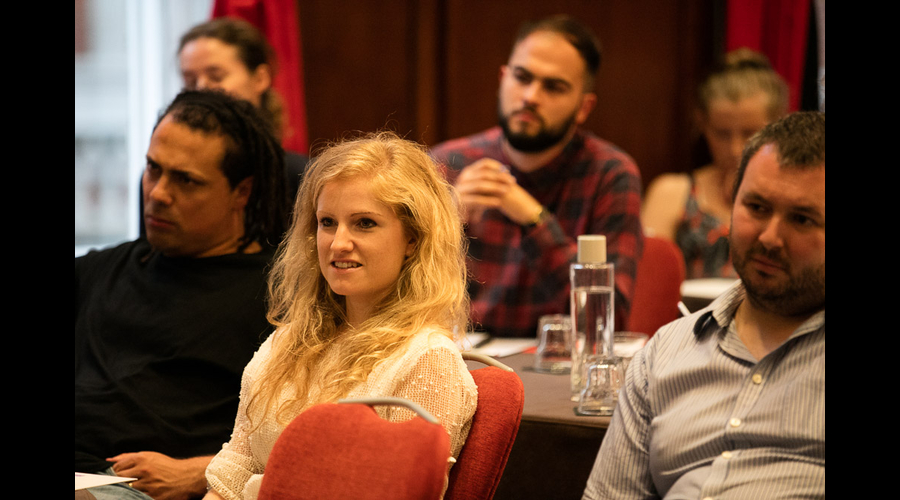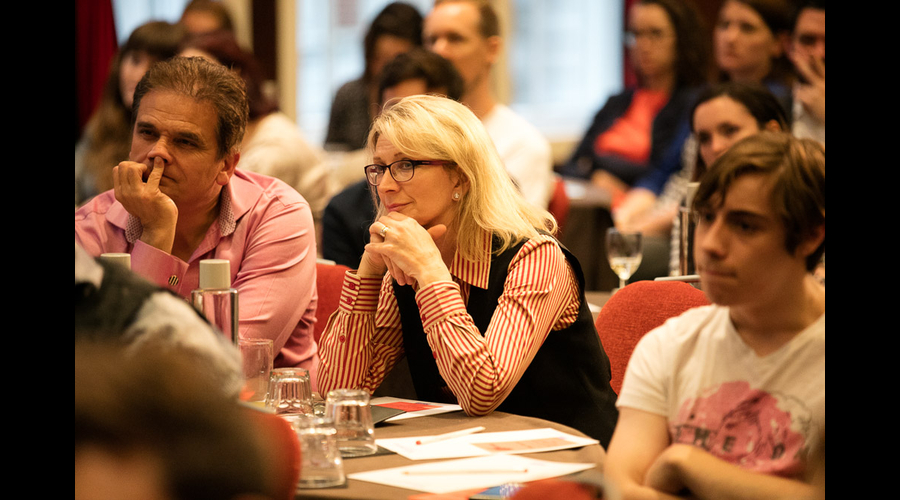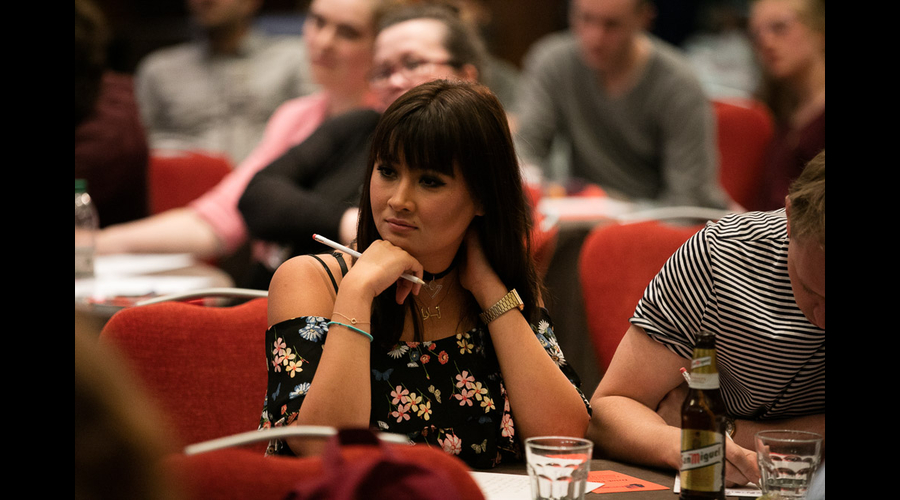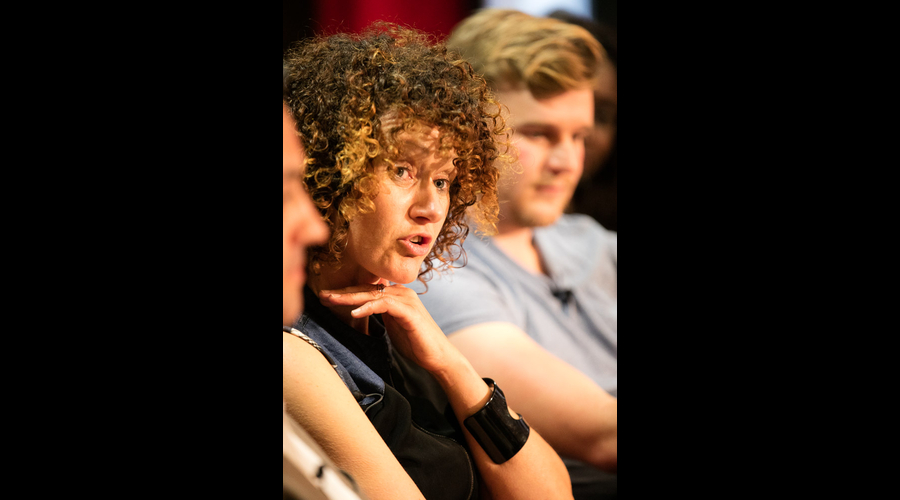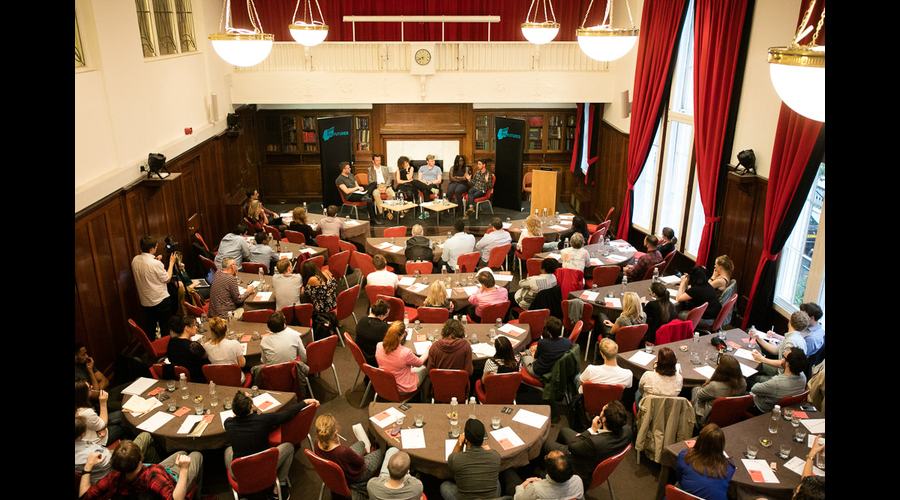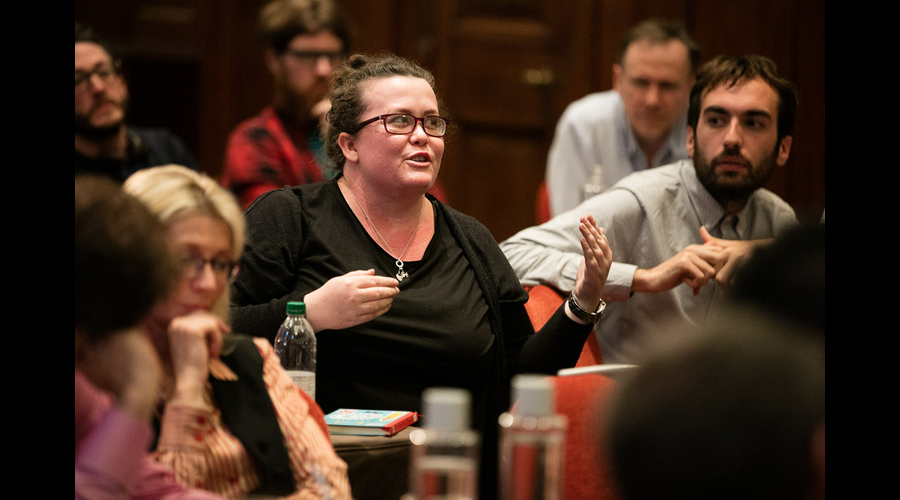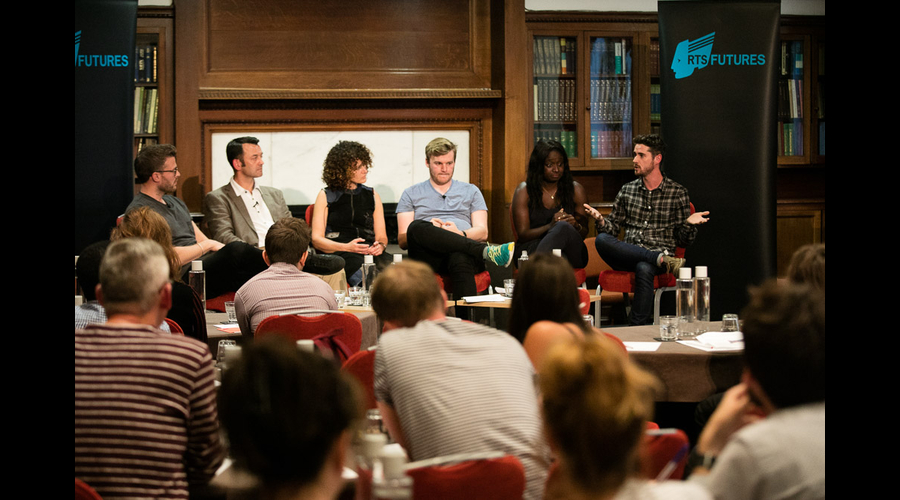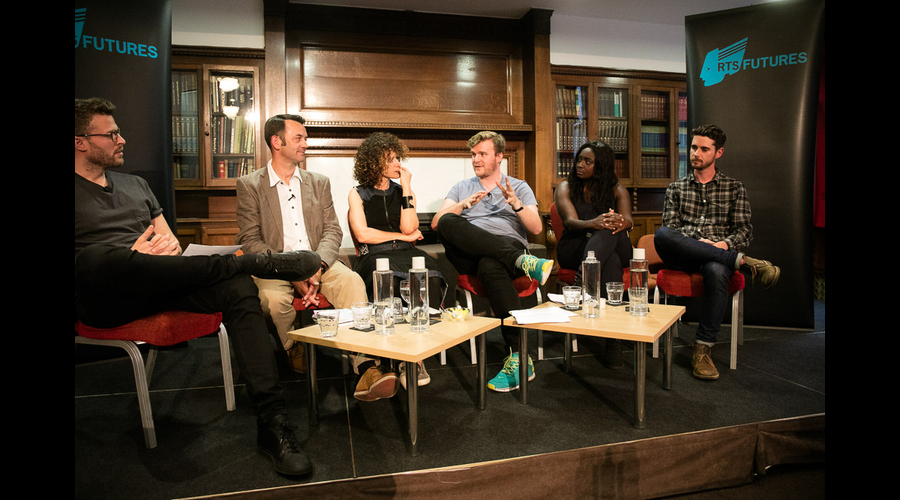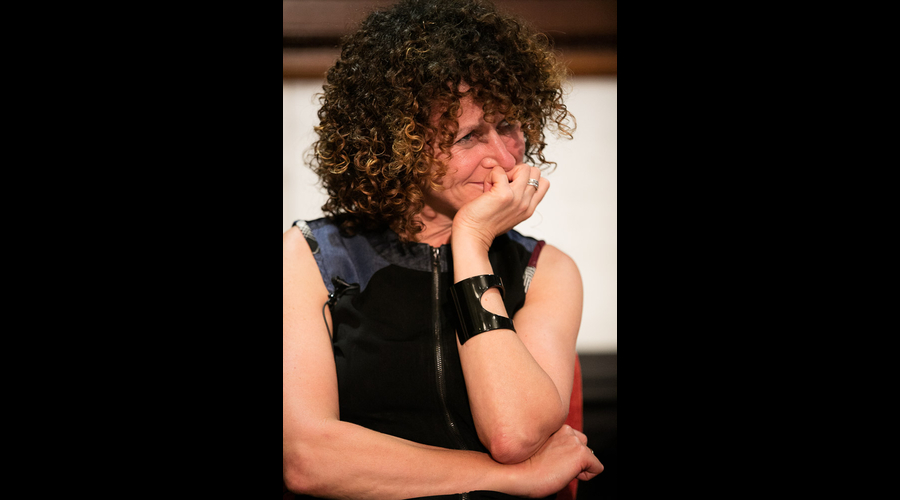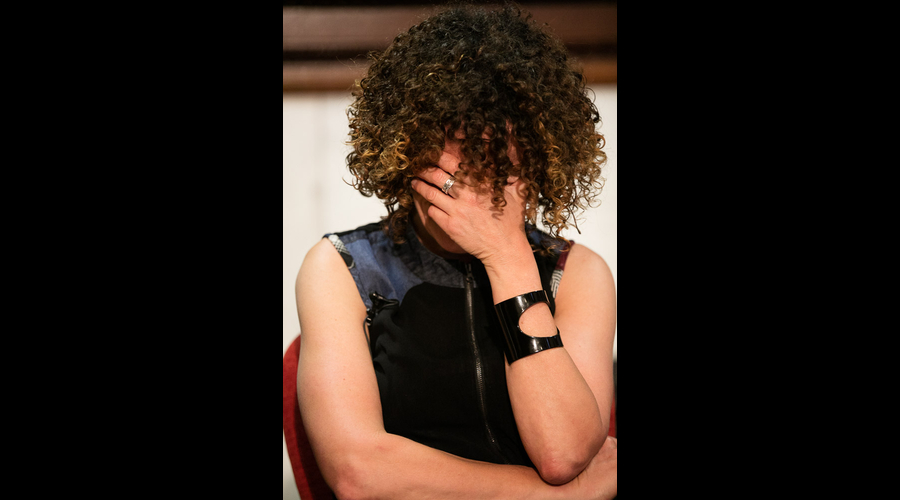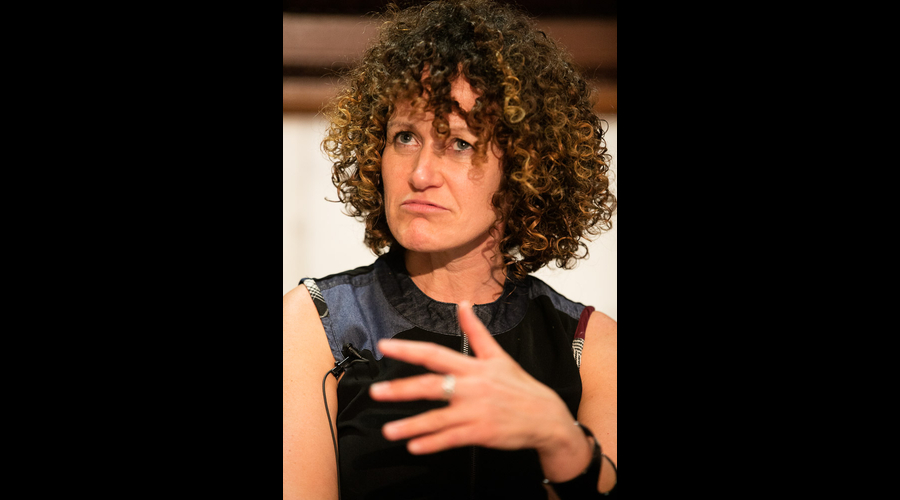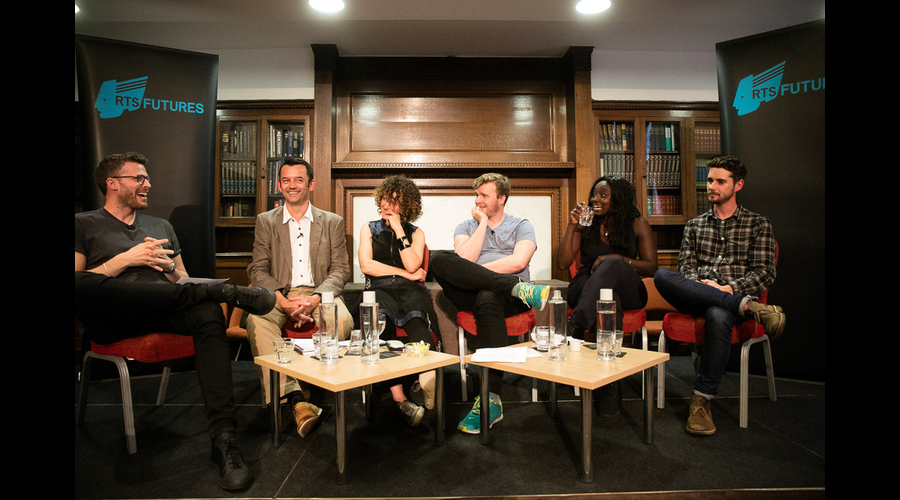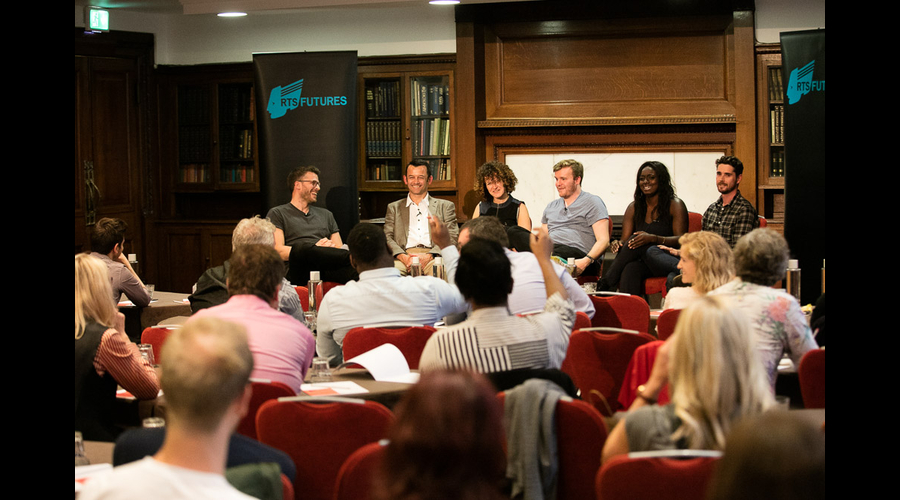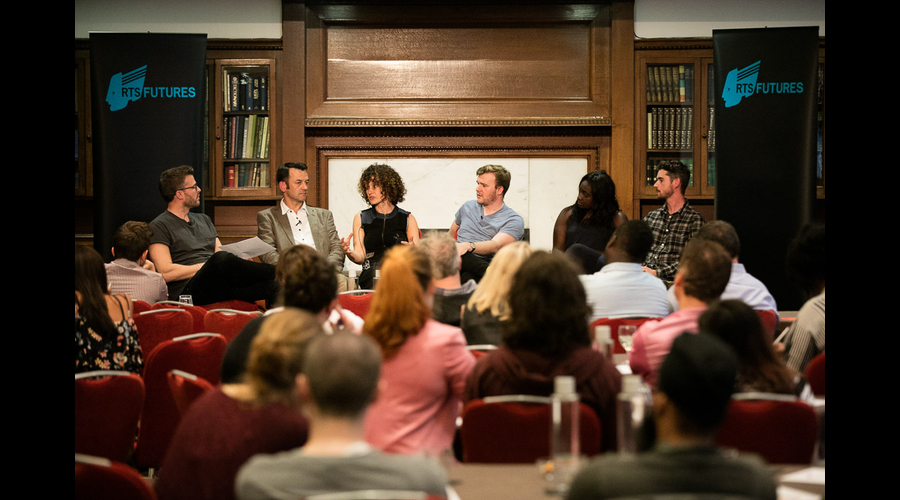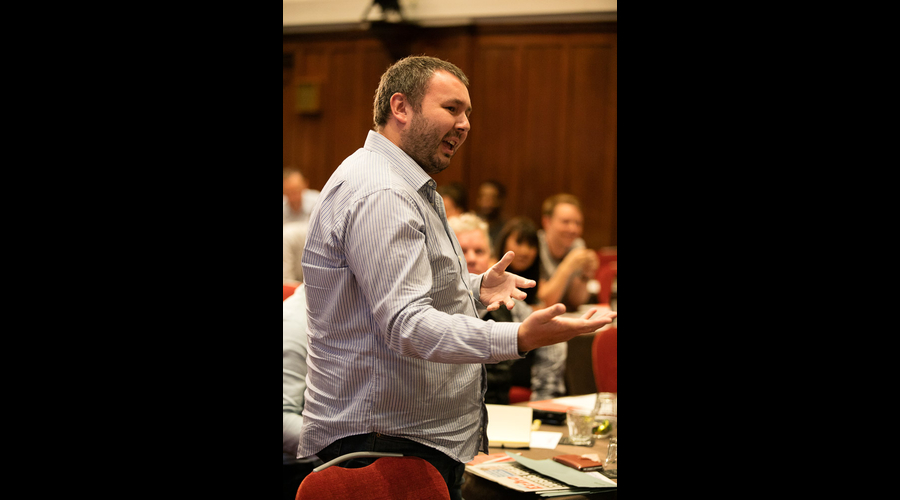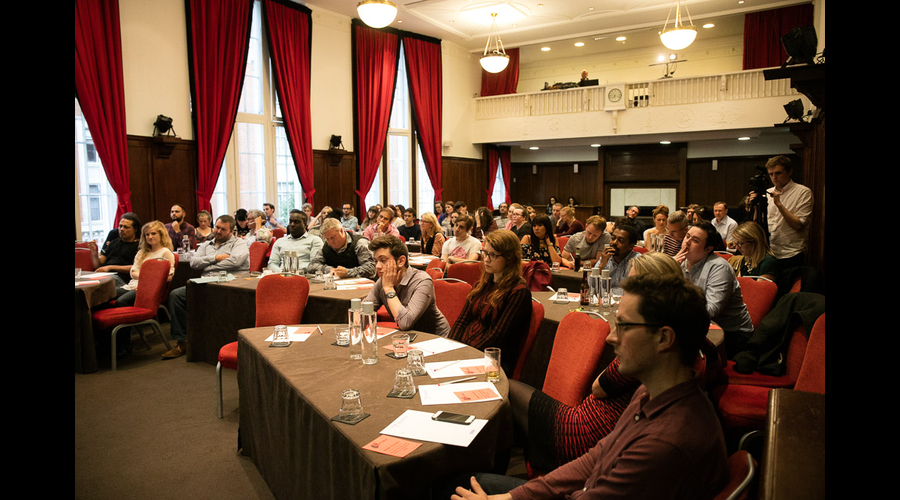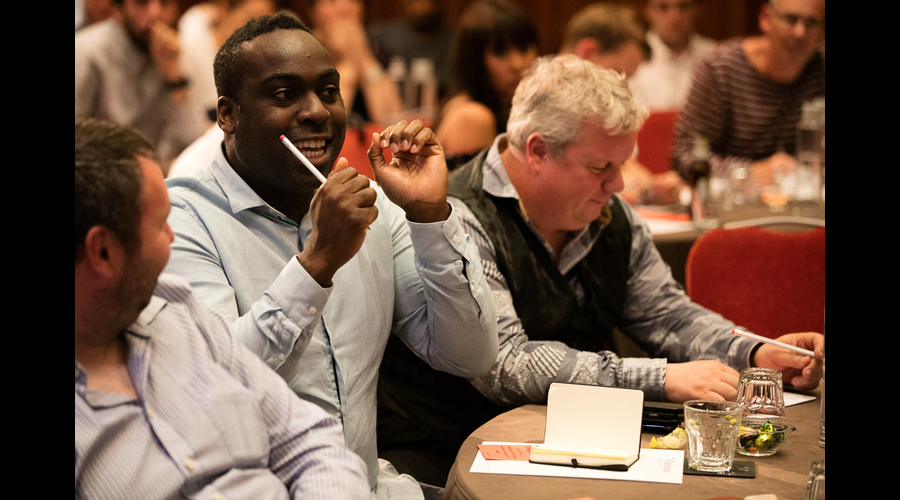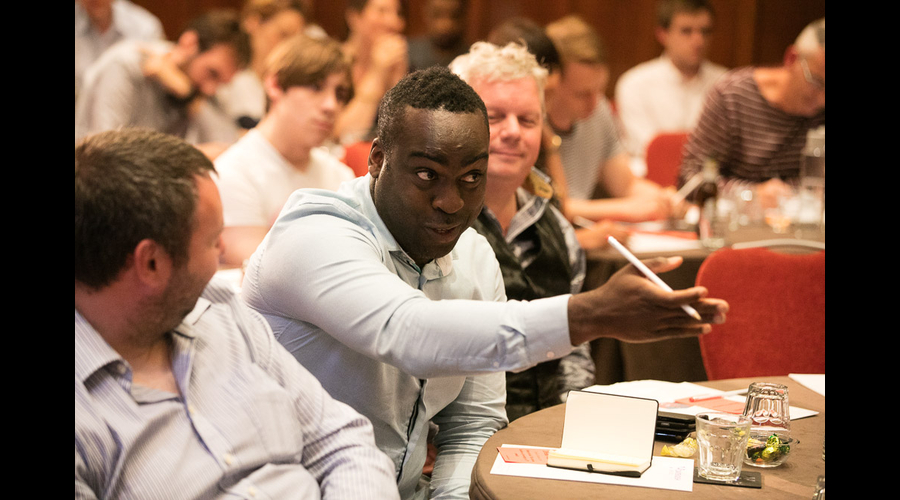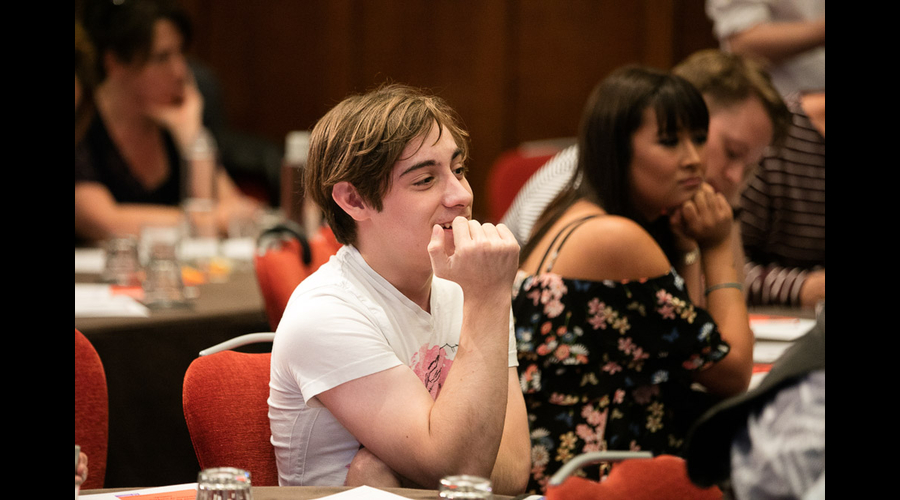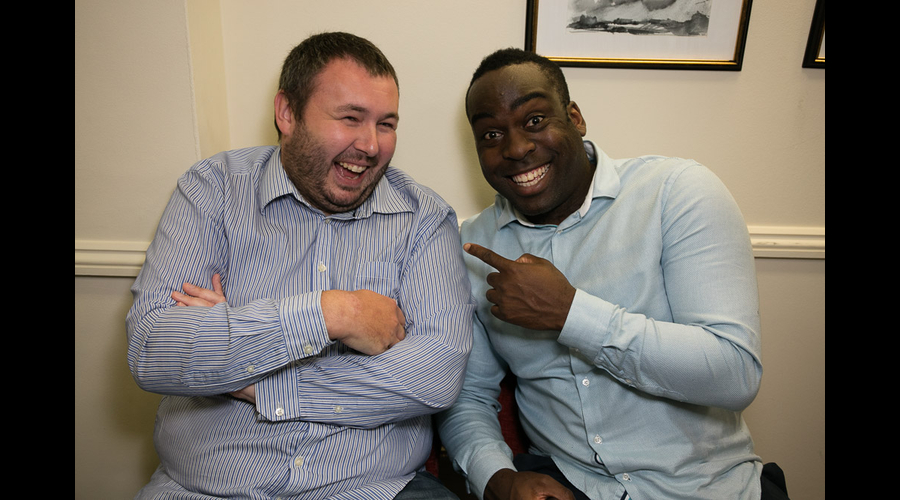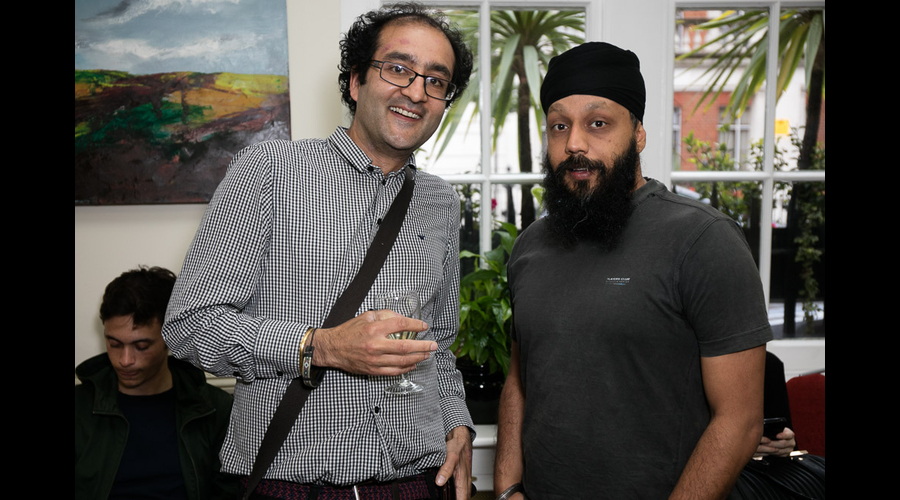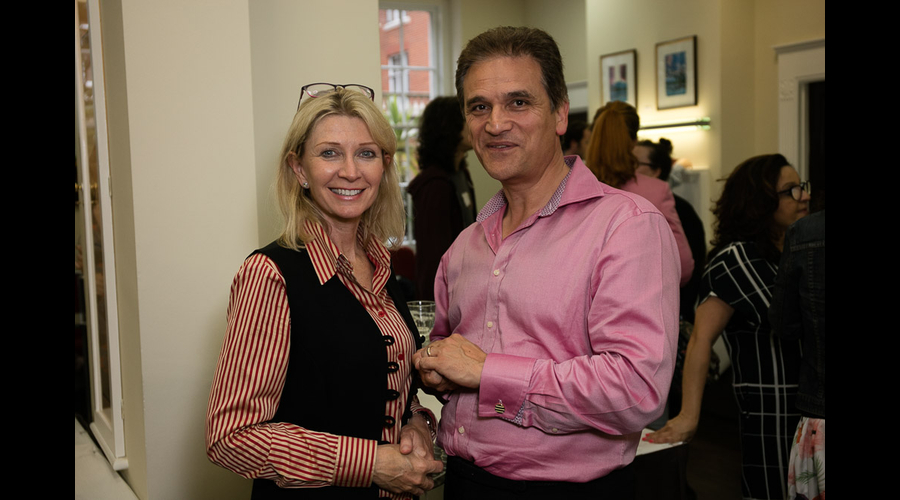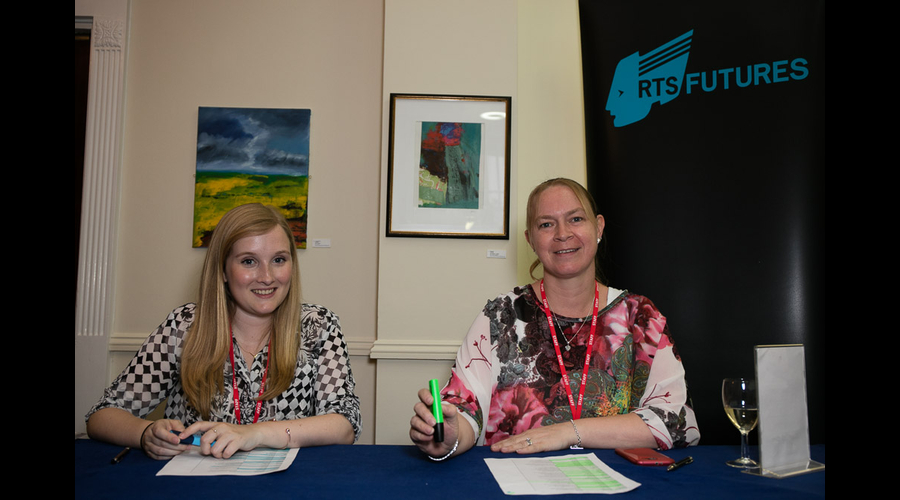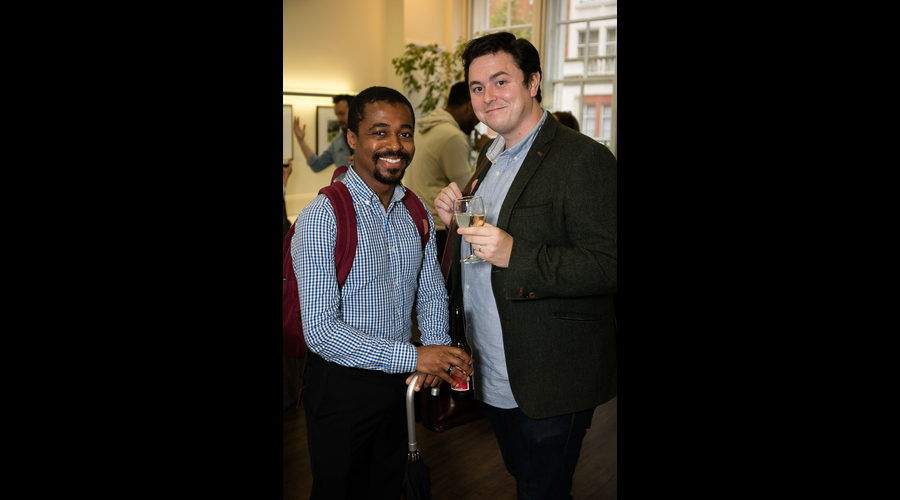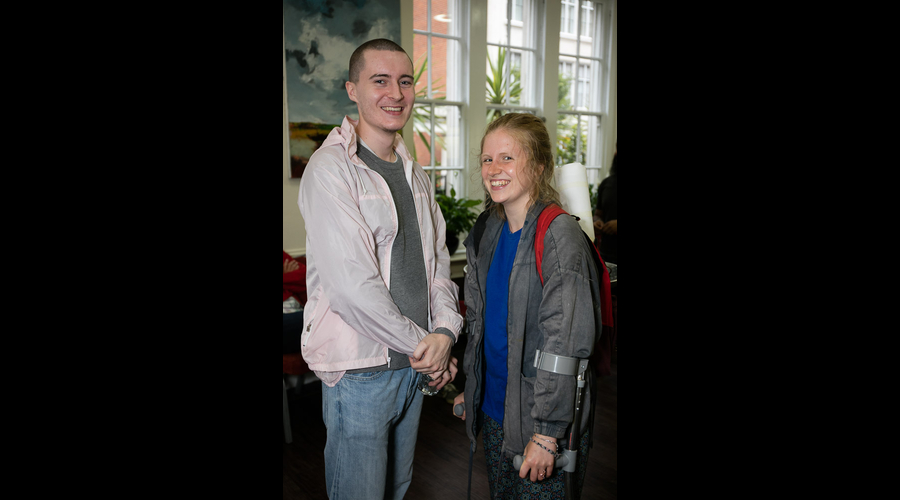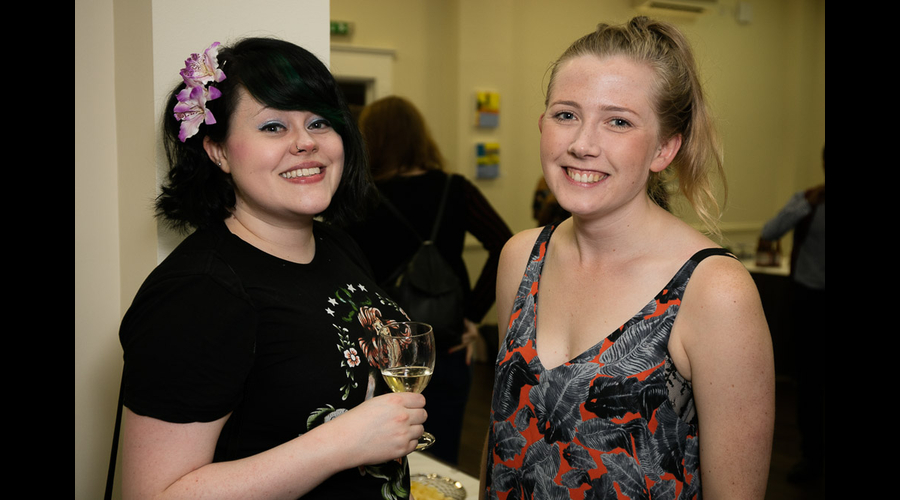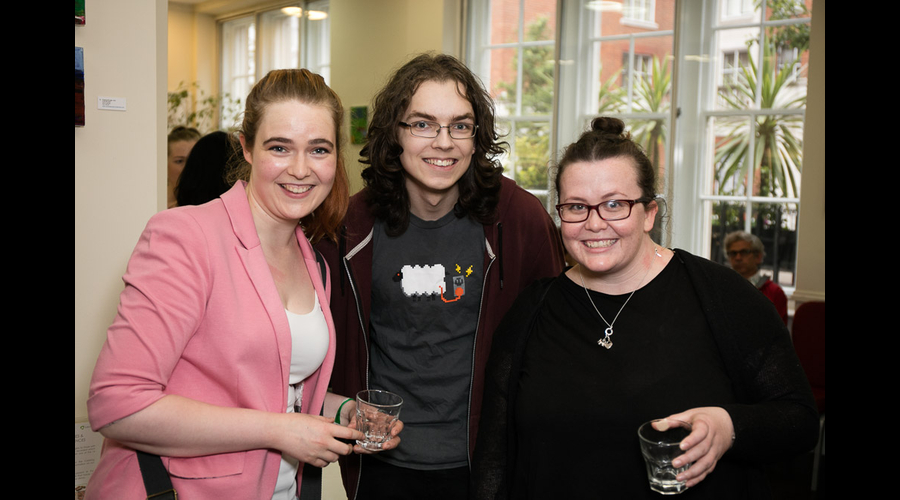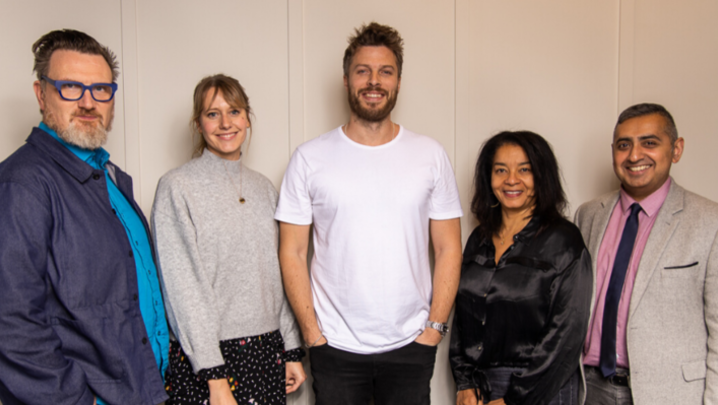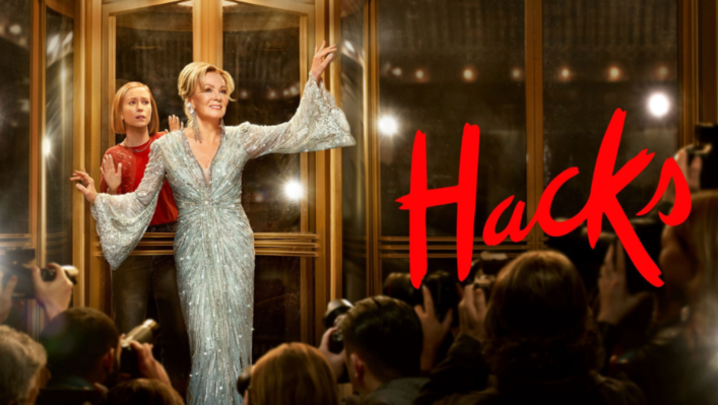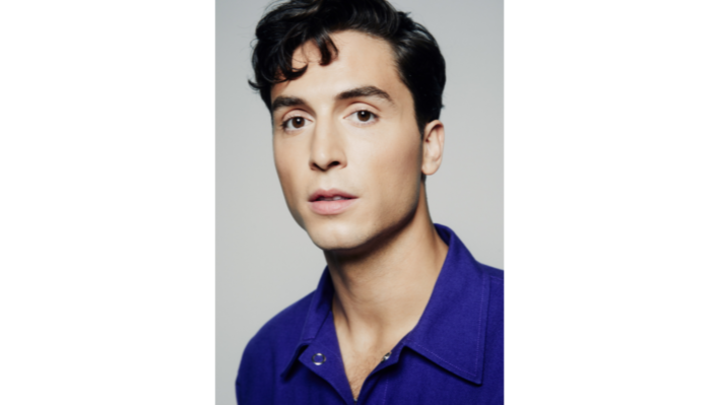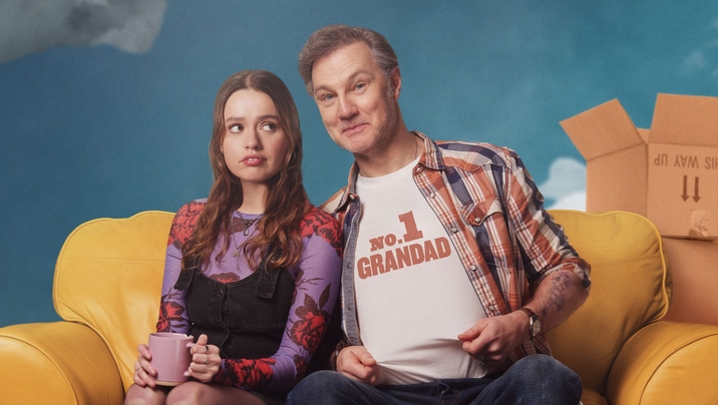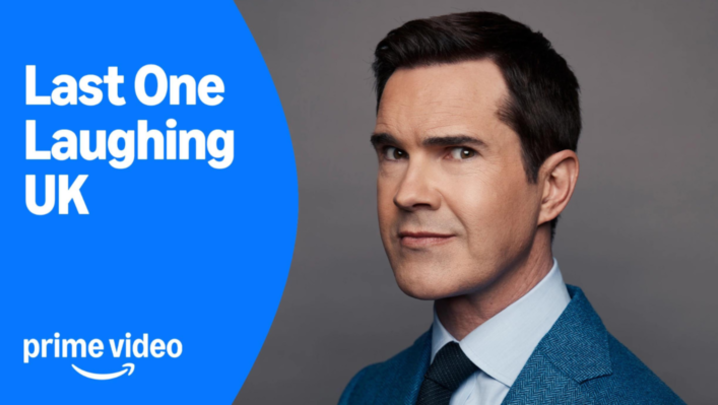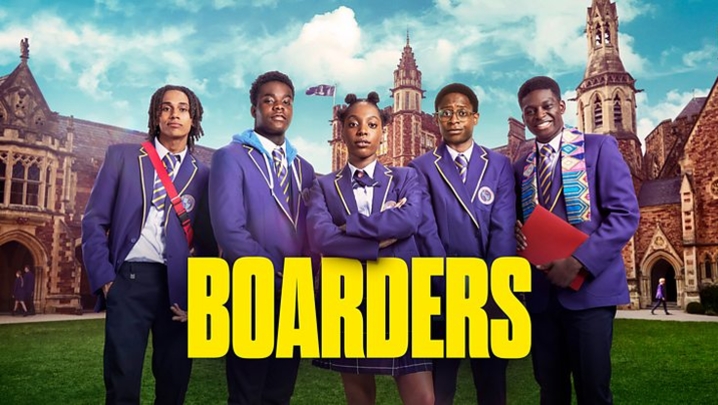The latest RTS Futures event offered a mix of sage advice and one liners as some of the industry’s leading producers and executives discussed how newcomers could get a break in comedy
There were sobering words among the laughs generated by the panel, which was expertly chaired by writer and presenter of ITV2 panel show Safeword Rick Edwards.
BBC Comedy producer James Farrell, who boasts Mrs Browns’ Boys among his credits, warned the audience of would-be comedy producers and writers that “comedy is the most difficult genre by a mile to get into and make”. However, he added, “the flip side is that there are very few people who are good at it so, if you’re talented and tenacious, then you will make it”.
Director and writer Gavin O’Grady, whose recent credits include Sky One panel show Duck Quacks Don't Echo and Channel 4’s Alternative Election Night, advised: “Make your own things – don’t wait to get a job.”
If the work is good, O’Grady added, it will find an audience: “The great thing about comedy is that it’s much easier for it to go viral. People much prefer watching five-minute funny things at their desk at work than depressing things. If you can make people laugh, it has a much greater chance of being seen.
“There are so many comics out there who are dying for some upcoming director/producer to offer to direct a short film with them.”
“The job of a TV comedy producer is to find and nurture talent, whether they are performers or writers,” said BBC Comedy head of talent Daniell Morrisey. “See lots of live comedy to spot the people that you may be producing in a few years’ time. Comedians like Miranda Hart and Brendan O’Carroll took years to get from A to B but they did it with the help of producers on that journey.”
Lucy Armitage, producer of ITV hit Benidorm, admitted that comedy was a highly competitive genre, but added that “you will know in your heart if you’ve got what it takes” to succeed.
The panel were agreed that comedy is not always a barrel of laughs. “It’s a fantastic job,” said Armitage, “but, if you’re not careful, it eats up your entire life.” She added: “What ‘I love about comedy is that it is so pointless – nobody needs to be doing it.”
Comedy entertainment producer Carol Baffour-Awuah has a number of hits under her belt, including BBC Two’s Never Mind the Buzzcocks and BBC One’s Michael McIntyre’s Big Show. She reinforced Armitage’s warning about the demands of the job: “There are times when I’ve been working on a script at 4am and then filming it a few hours later. If you’re on a freelance contract, then [the production company] has bought you for that time.”
Aspiring comedy writers should fire off scripts – people will look at them, said the panel. “I read everything I get sent,” claimed Farrell, although he added: “But not all of everything I get sent.”
By and large, unsolicited scripts are not pounced upon and made into comedy series but, if they contain a few laughs, they can get a new writer noticed and taken under the wing of a producer.
And, sometimes, persistence can pay off. “Lots of people got pissed off with Ricky Gervais coming into the BBC because he was a real nuisance,” recalled Armitage. “Only one person ran with it and, all credit it to him, it made The Office happen.”
The RTS Futures event, “Funny ha ha? The serious business of working in TV comedy”, was held at the Hallam Conference Centre in central London on 28 June. The producers were Carrie Britton and Iestyn Barker.



